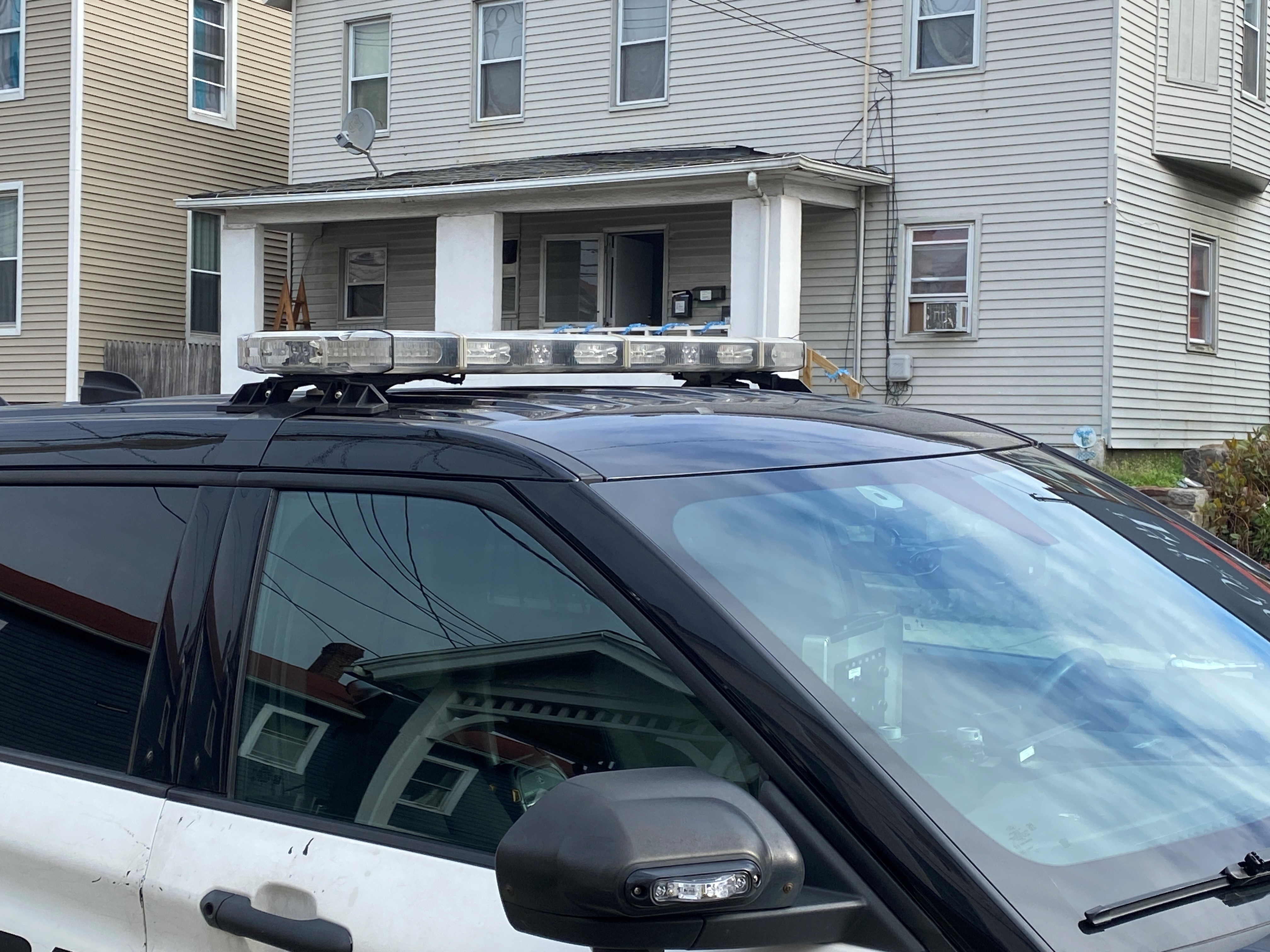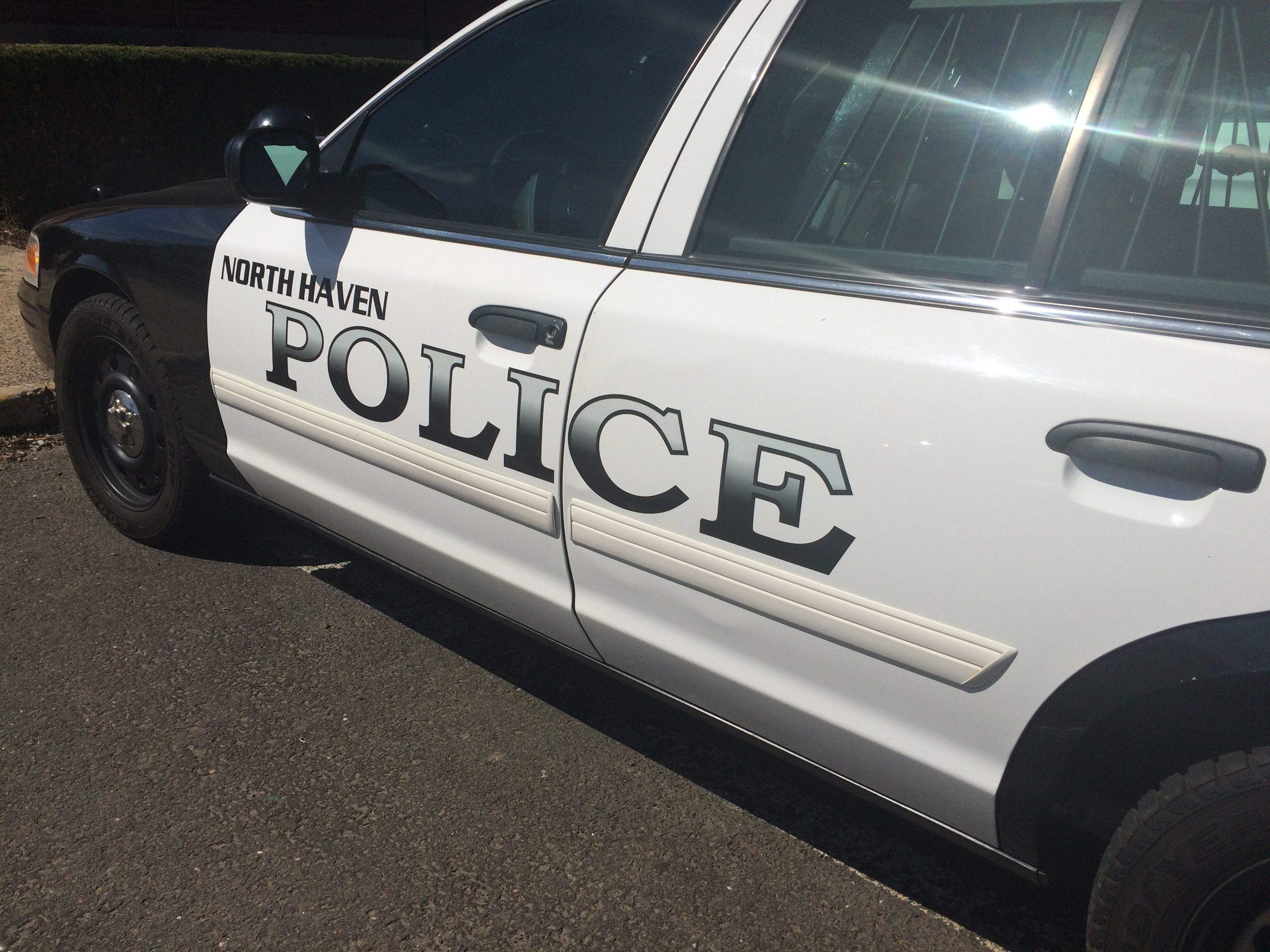Nicole Kennedy stopped by the New Haven Green on Thursday morning to pick up a prescription for Narcan nasal spray.
"I’ve seen friends shoot up the fentanyl and just die right there on the spot," she said while filling out the paperwork. "But having access to Narcan has brought them back."
The Cornell Scott Hill Health Center had three objectives during its International Overdose Awareness Day event. Staff taught people to recognize the signs of opioid overdoses, conducted training on how to use Narcan and wrote prescriptions for the nasal spray version of the potentially life-saving drug.
"Before we even started this event we had people lined up to get prescriptions," said Melissa Zuppardi, assistant program manager at the Grant Street Partnership substance abuse disorder treatment center. "We just want to arm as many people as possible with Narcan, so if they encounter someone who is overdosing they can reverse that."
This week the Office of the Chief Medical Examiner released new alarming numbers. There have been 539 accidental drug abuse deaths in Connecticut between Jan. 1 and June 30. The yearly projection is 1,078, which would be up 18 percent from 2016.
"More people are dying in the state of Connecticut from drug intoxication deaths than all the people who are dying from homicides, suicides and motor vehicle collisions combined," Chief Medical Examiner Dr. James Gill said on Wednesday.
The opioid epidemic does not discriminate based on gender, age or income.
Local
"Based on our admissions as well we are getting people who are coming from all different areas of the state, different communities outside of our normal typical population," Zuppardi told NBC Connecticut.
Health professionals say what is adding to the challenge of this public health crisis is drug dealers mixing fentanyl, the potent synthetic opioid, with other illegal substances like cocaine. The medical examiner reported that 322 of the fatal overdoses this year involved fentanyl.
"They’re not used to it, so their bodies take a much bigger hit and are much more likely to go and be overdosed," Phil Costello from the Cornell Scott Hill Health Center said.
Kennedy tells NBC Connecticut she is now in recovery. She said she has not used heroin since it almost killed her on Christmas in 2015 after she learned her dad passed away.
"Didn’t know how to handle it and no one to turn to," she said. "I got high and the girl on the third floor of my apartment building, (applied Narcan) and saved me."



